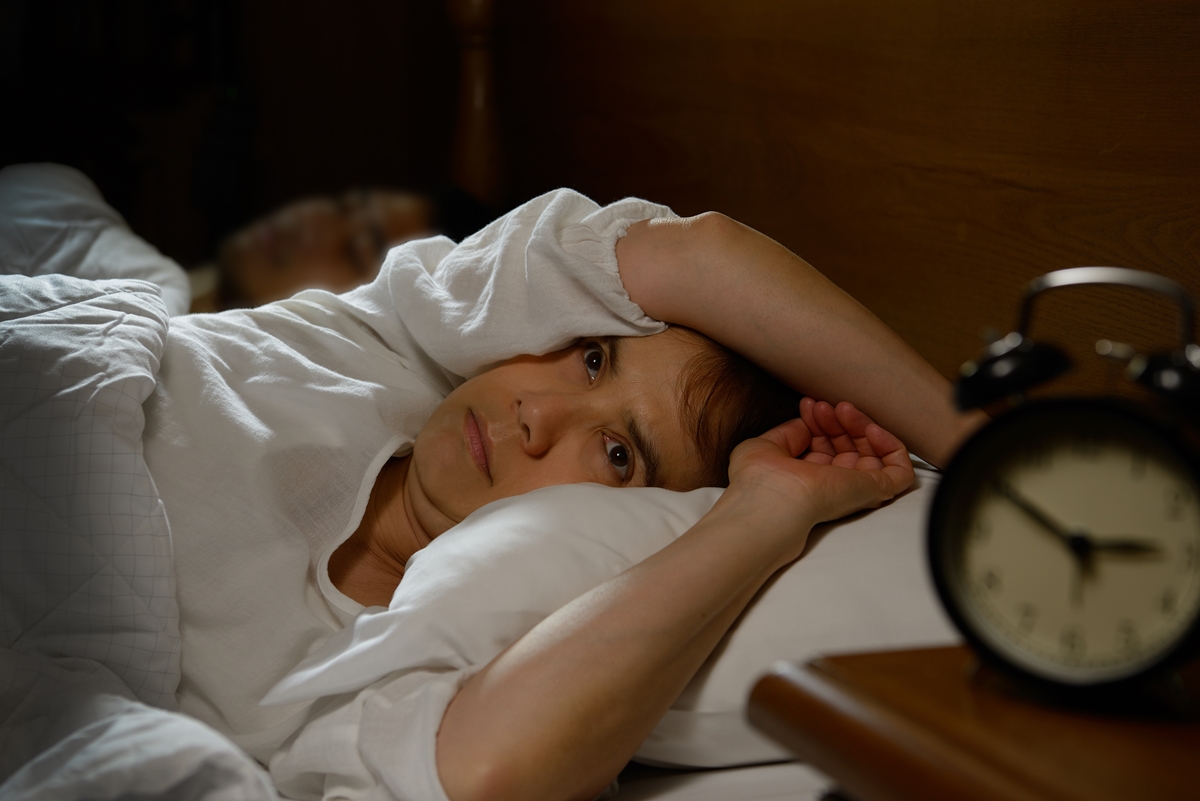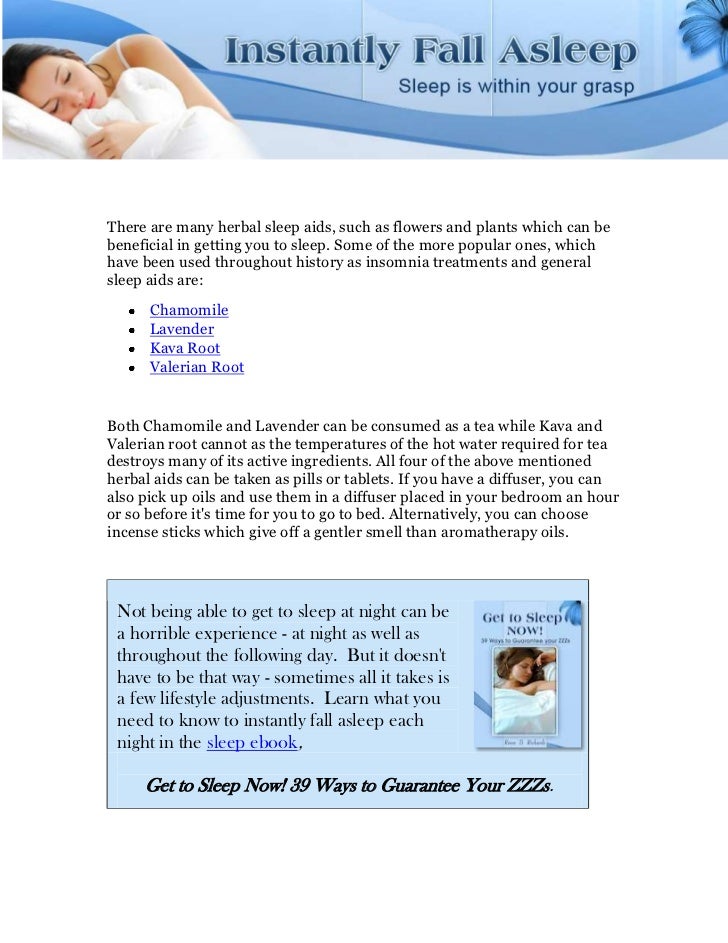

This screening questionnaire, the ISI, helps determine if you meet guidelines for insomnia ( ). One-third of the population has insomnia and many individuals do not know to speak with their providers about this even though they meet the criteria. Lastly, initiating pharmacological therapy to help regulate your sleep/wake cycle, if warranted. There is even a specific kind of therapy, CBT-I (Cognitive Behavioral Therapy for Insomnia), that we typically recommend for our patients. Second, we recommend therapy to discuss possible causes that could be contributing to your sleeping pattern disruption. First, we recommend behavioral modifications and maintaining adequate sleep hygiene (reducing screen time, ensuring you are in an environment conducive to sleep). Insomnia should be managed through a multi-disciplinary approach. This results in a compromise to your ability to function during the daytime.

These symptoms occur 3 times per week, over at least 3 months, despite adequate opportunity for sleep. Early-morning awakening with inability to fall back asleep.
#Insomnia best treatment download
An additional six services may be provided between 1 March 2012 and 31 December 2012 under ‘exceptional circumstances’.įor more information, download this fact sheet.Insomnia is a dissatisfaction with sleep quantity or quality with at least one of the following: People who are being managed by a GP under a GP Mental Health Care Plan or a psychiatrist assessment and management plan, or on direct referral by a psychiatrist, or for children, on referral from a paediatrician, are eligible to receive a Medicare for up to 10 individual services AND up to 10 group therapy services per calendar year, with a psychologist (who has a Medicare Provider Number). These conditions include sleeping problems (for example, insomnia, hypersomnia, parasomnias and circadian rhythm disturbance). On 1 November, 2006, the Australian Government introduced new Medicare rebates for visits to psychologists for people with mental health conditions. If you have a sleep problem that is interfering with your social, emotional, occupational or physical functioning it is advisable that you make an appointment with one of our sleep psychologists.ĭo I receive a Medicare rebate when I receive behavioural treatment for insomnia? The choice of drugs available is changing with newer drugs becoming available and being tested in research studies that should provide safe long-term treatments for insomnia.Ĭognitive-Behavioural Therapy (CBT), mindfulness and hypnosis can be used in conjunction with a thorough assessment, and supportive counselling, to improve sleep quality and regain a sense of control over sleep patterns. Despite this, some people will need ongoing treatment with drugs. Recent research has shown that long term improvements in insomnia are best when medications are used initially in combination with addressing behaviour and thoughts about sleep, but then gradually withdrawn rather than continued indefinitely. Using drugs alone is rarely successful and does not cure insomnia. Insomnia treatment combines changing behaviours and thoughts around sleep with drug treatment if needed.

What treatments are available for insomnia? Other investigations that can be used in insomnia are actigraphy, a wrist watch-like device that records information on activity, light exposure and sleep to provide a very detailed sleep and activity diary, and a sleep study to exclude other sleep disorders such as sleep apnea or leg movements during sleep. This requires careful evaluation, which includes a detailed history by your doctor or sleep specialist, and review of a sleep diary, insomnia severity questionnaire and consideration of sleep hygiene issues. To effectively treat insomnia, underlying causes need to be found and addressed. Of course, stress can worsen sleep, and needs to be addressed as part of treating insomnia, but insomnia commonly occurs as part of physical or mental illness and some people are just not good sleepers. Whilst friends and family will often advice those with insomnia to just ‘get over it’, for the majority of people with insomnia, stress is not the cause of their insomnia symptoms. There are many reasons for difficulty getting to sleep or staying asleep, and it is important to have a careful evaluation with your doctor to ensure there are not associated medical conditions that are contributing to the sleep difficulties. In any one year, over 30% of the Australian population have difficulty sleeping for more than a month, and around 15% have problems sleeping most of the time. Insomnia, or difficulty either getting to sleep or staying asleep, is very common.


 0 kommentar(er)
0 kommentar(er)
